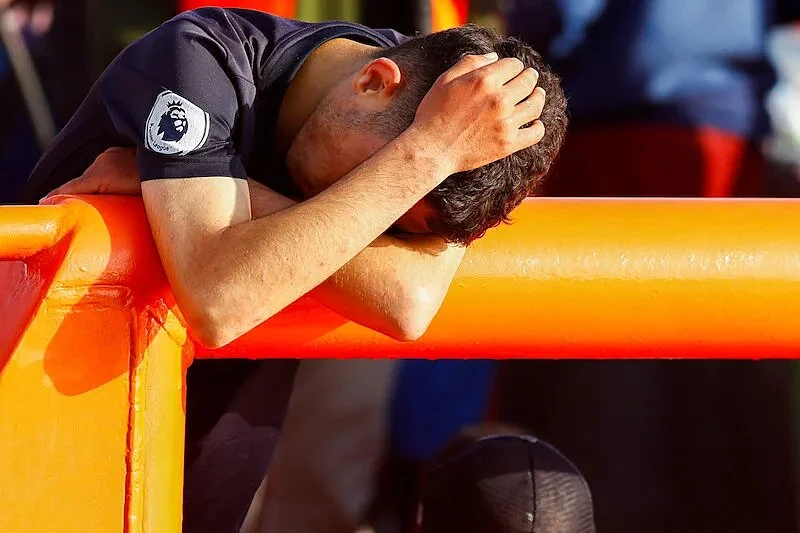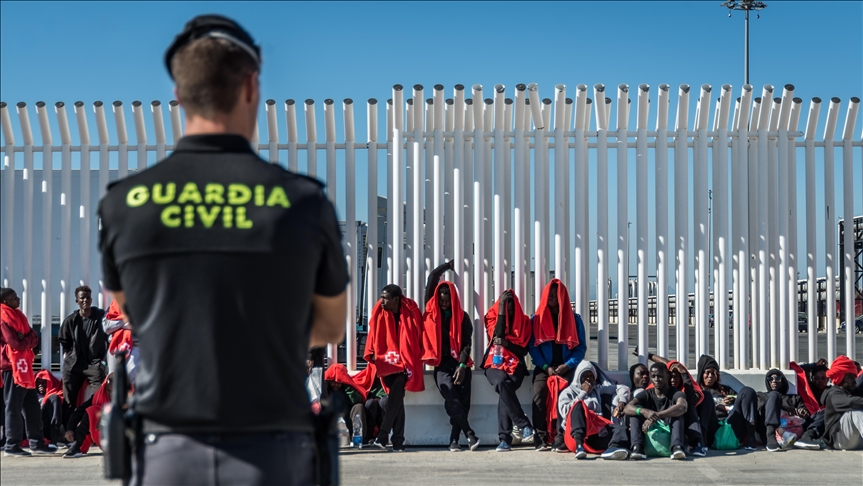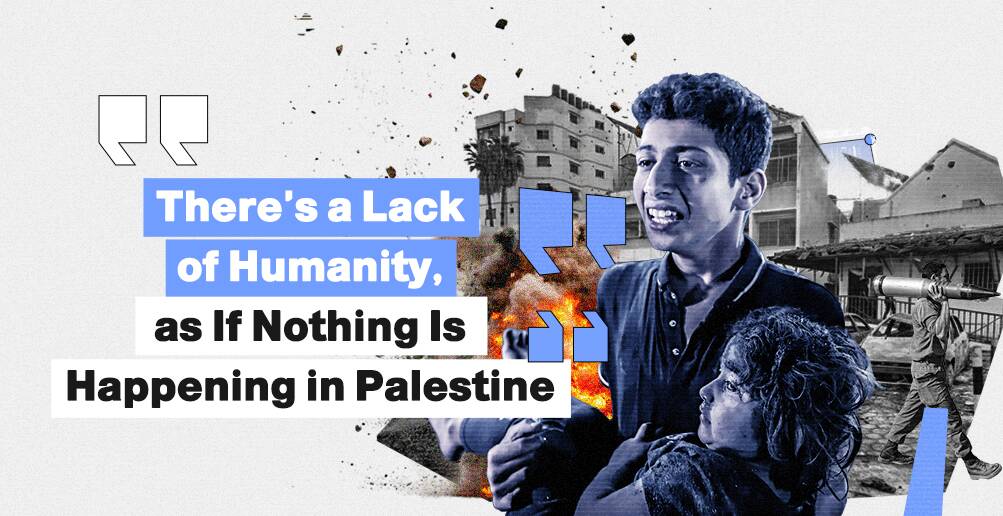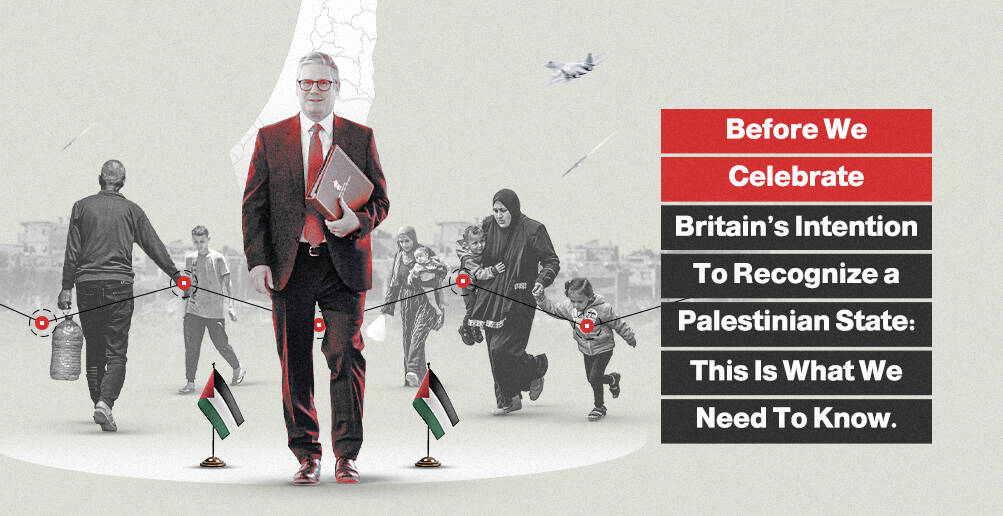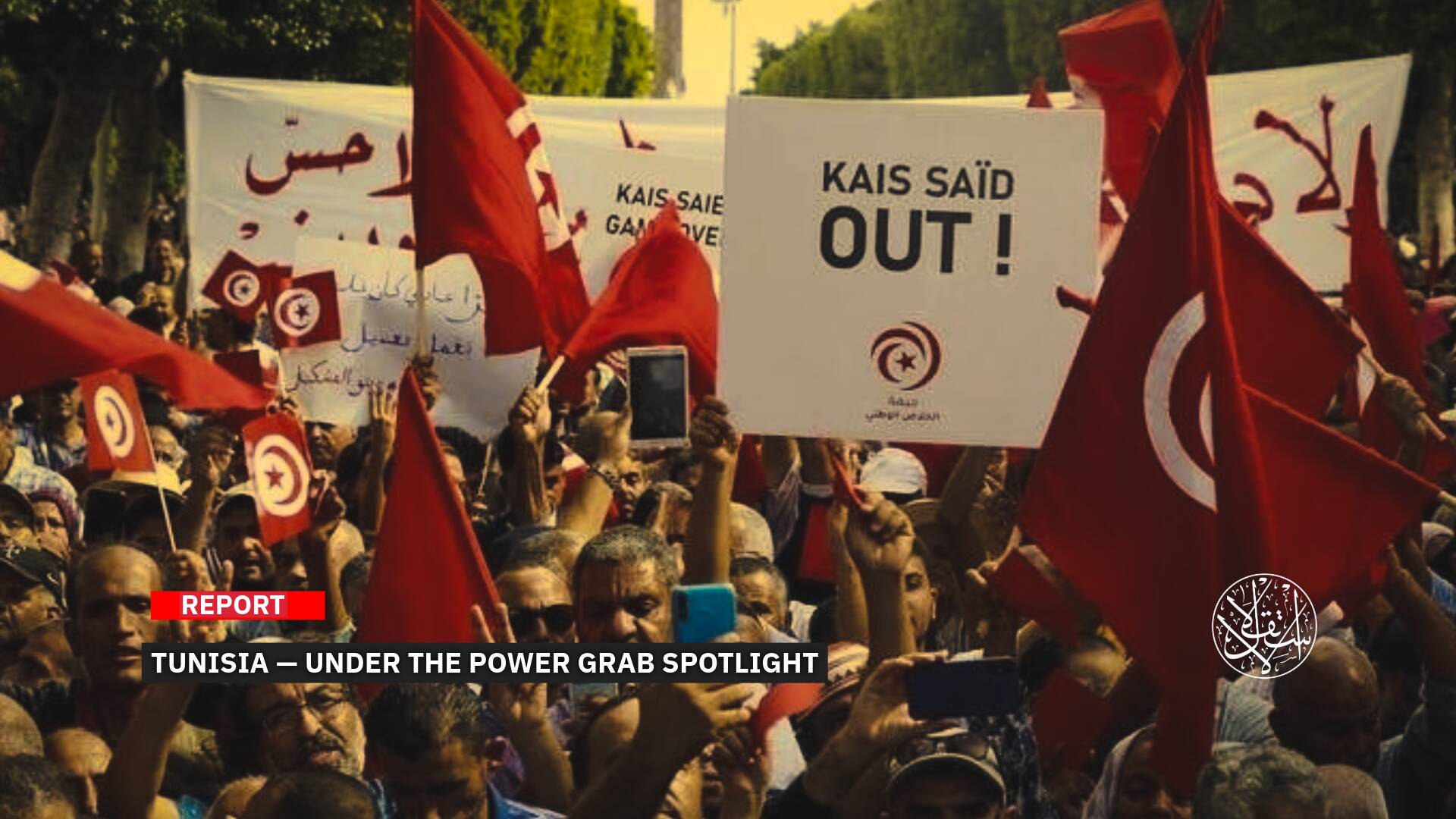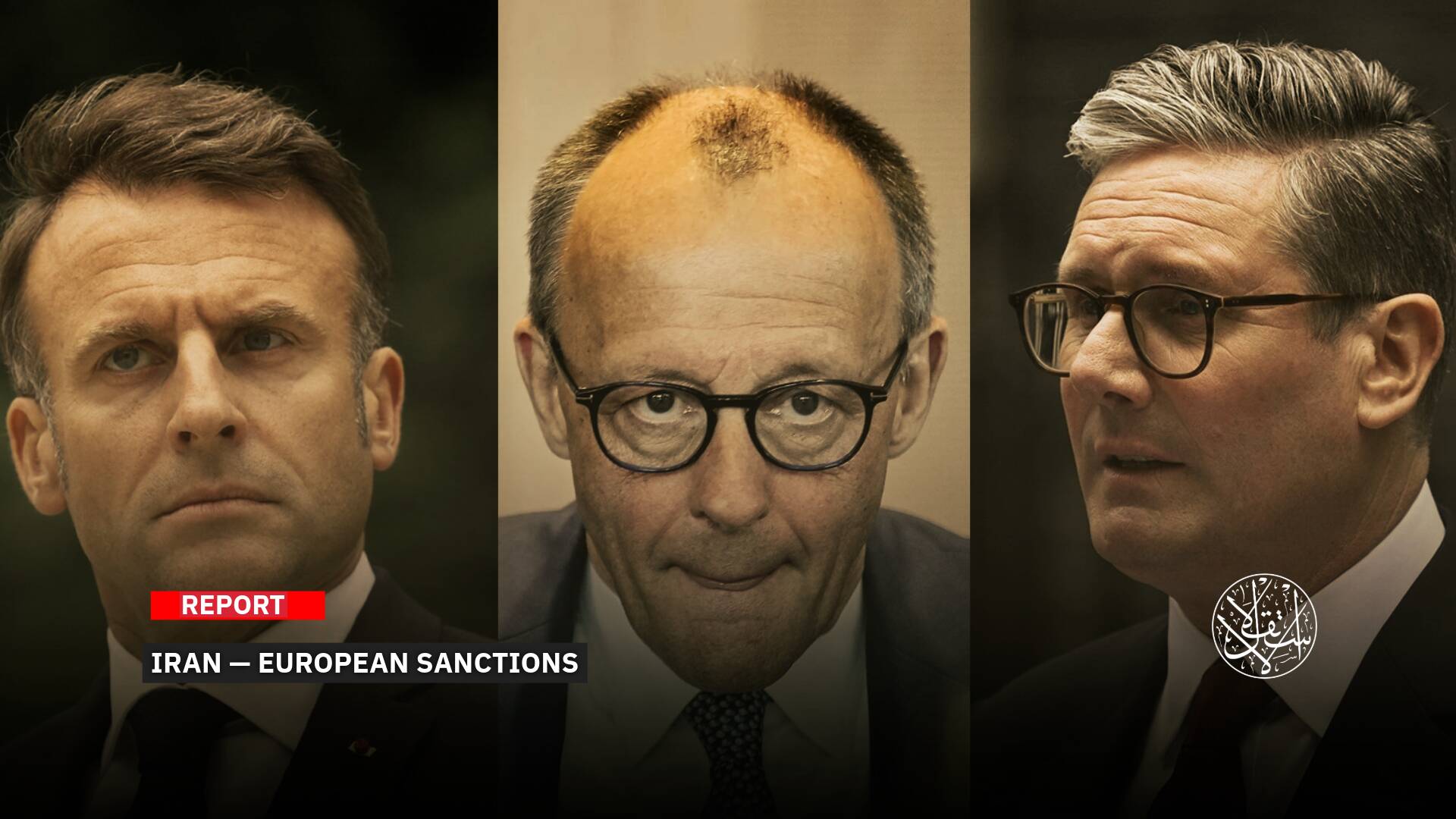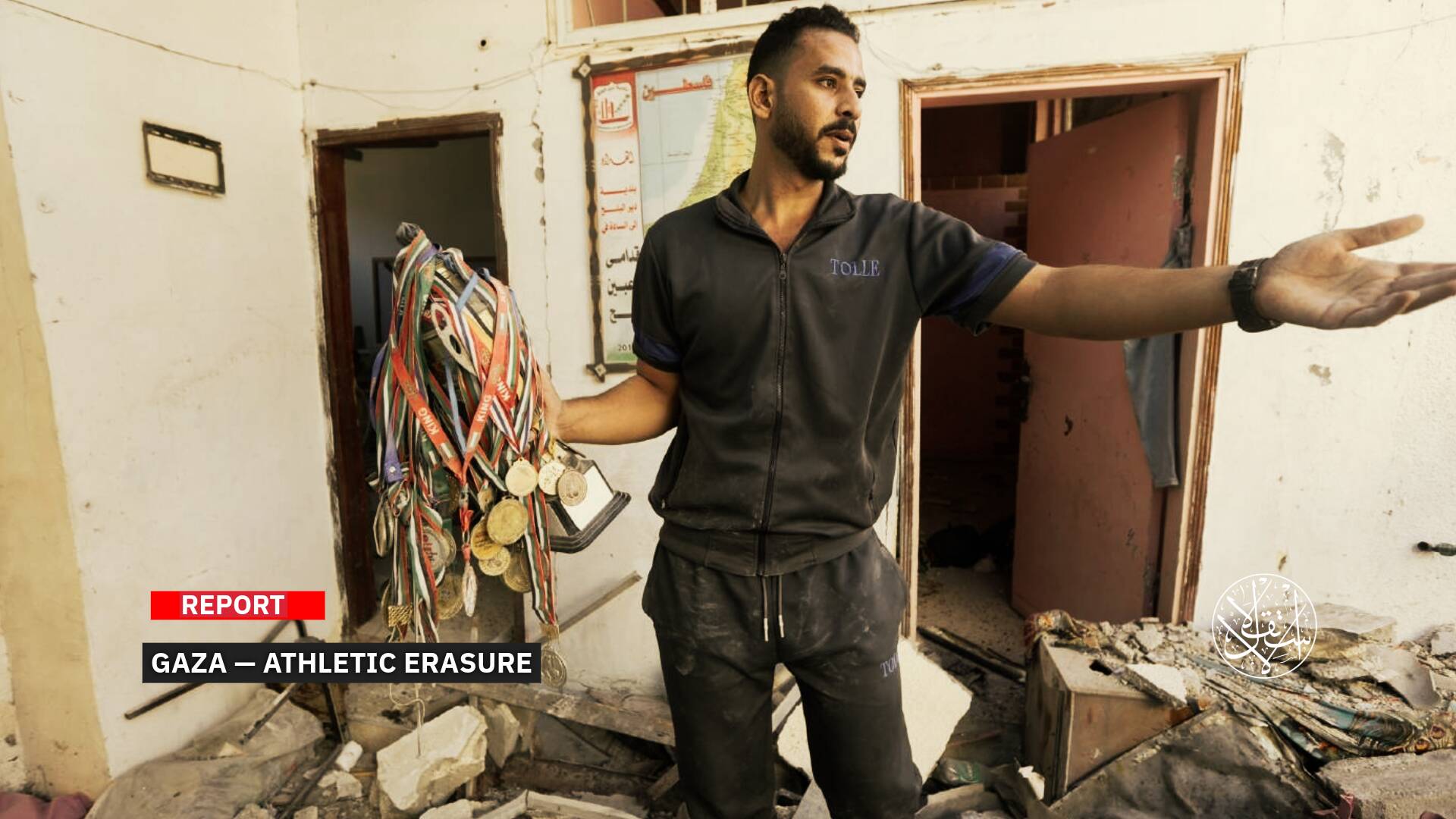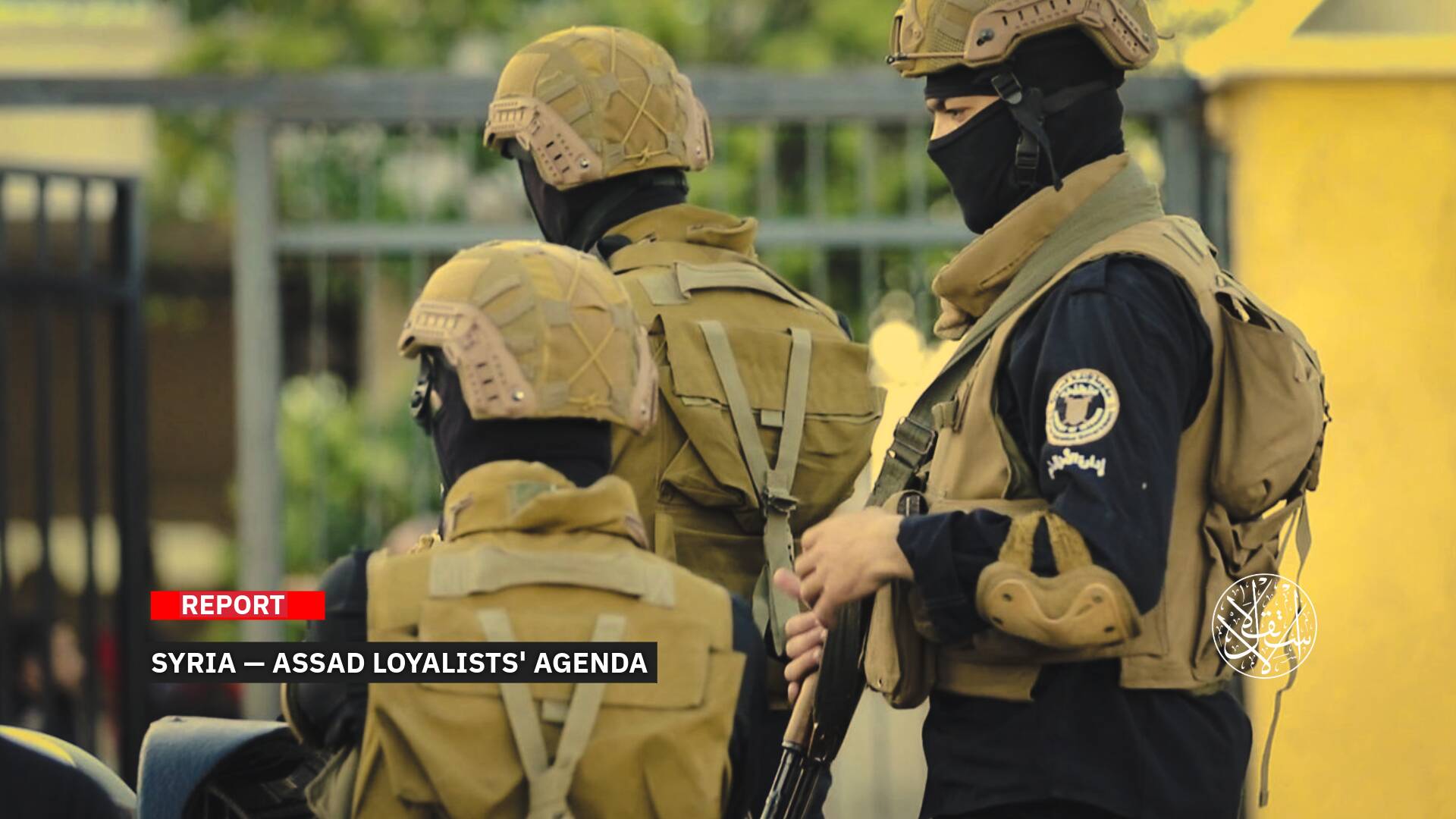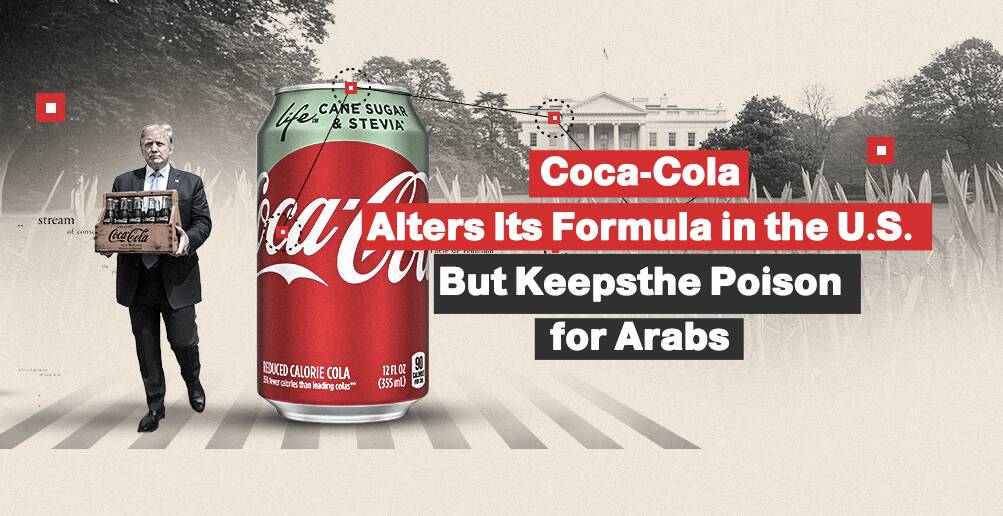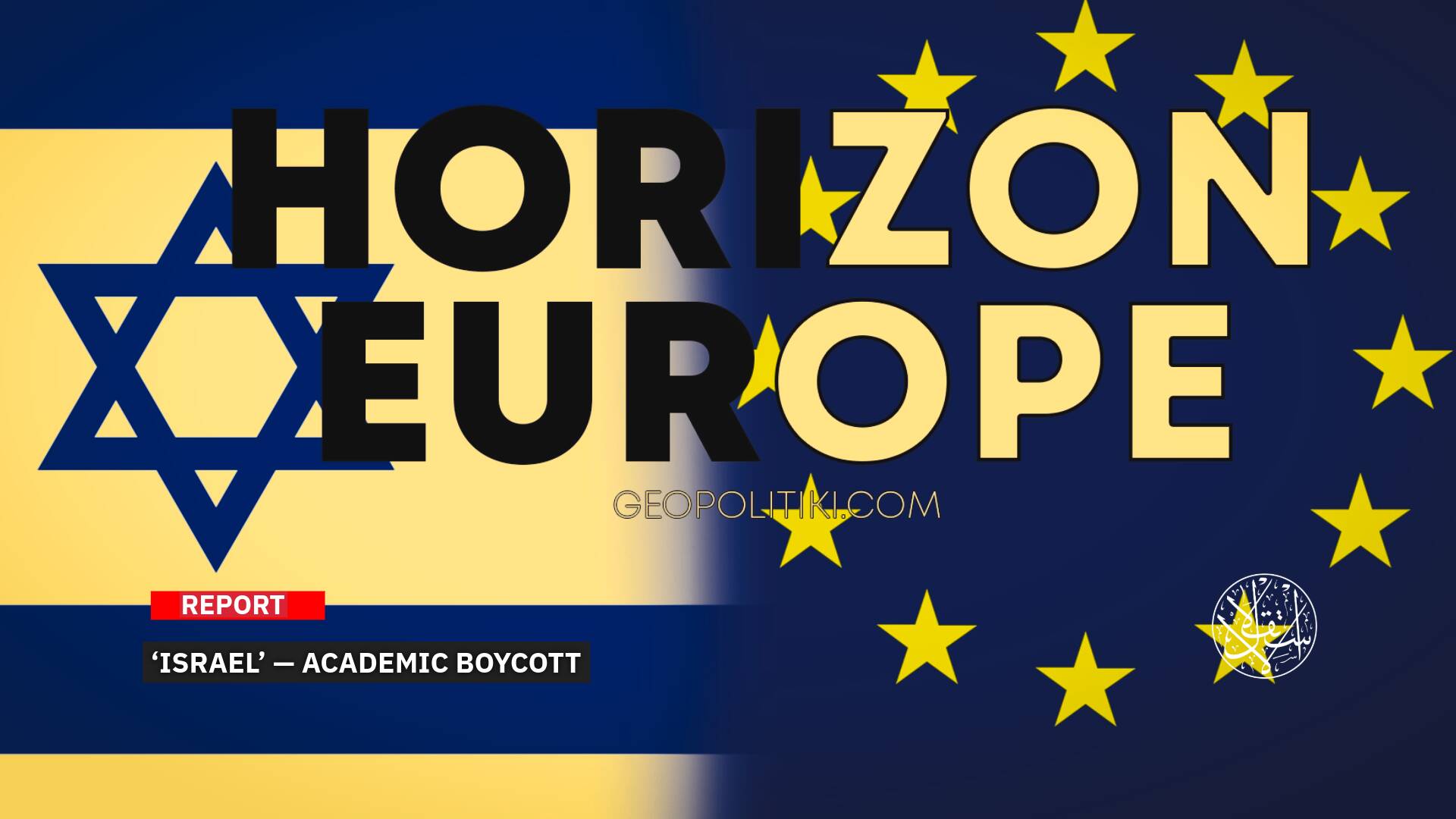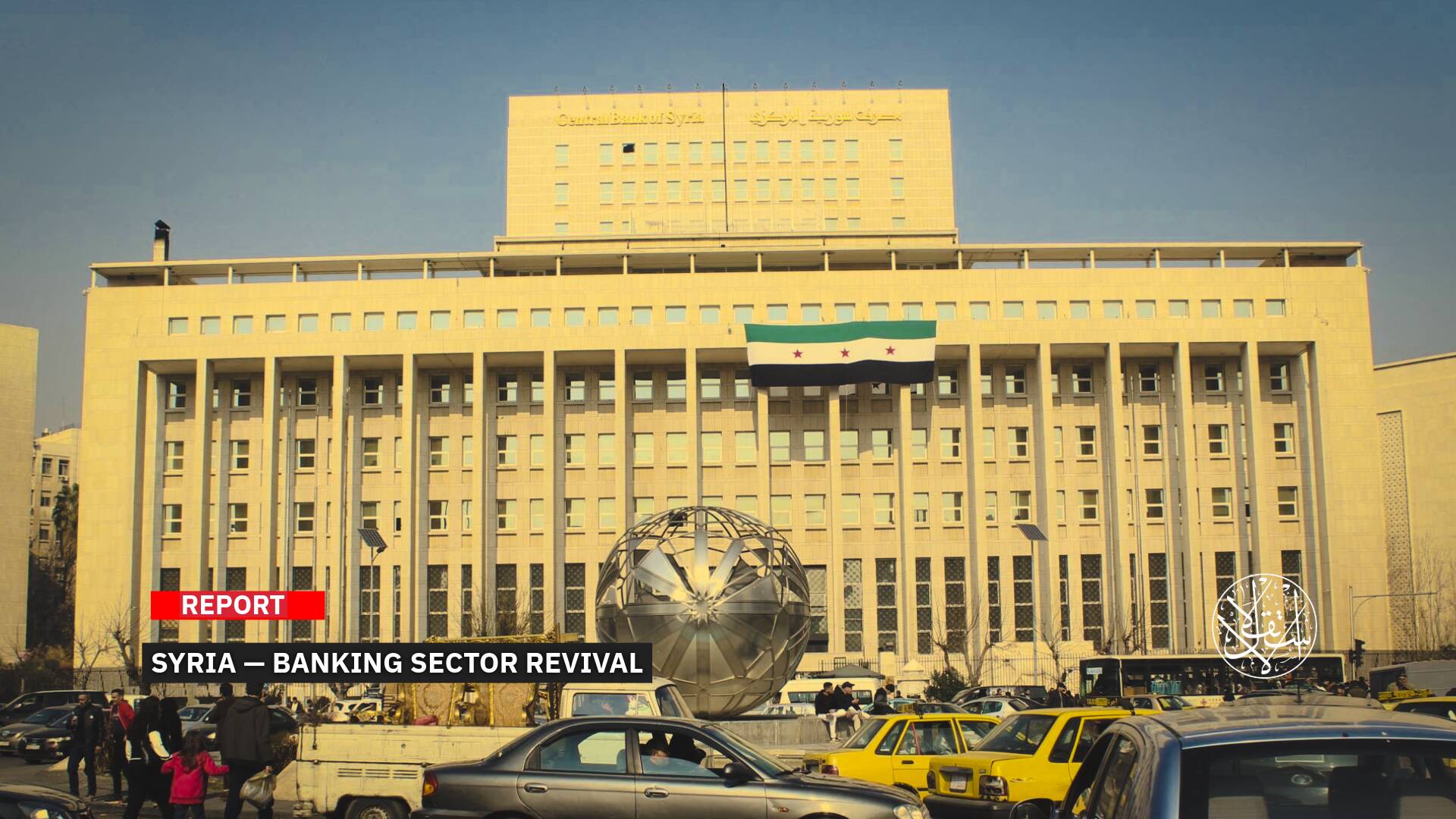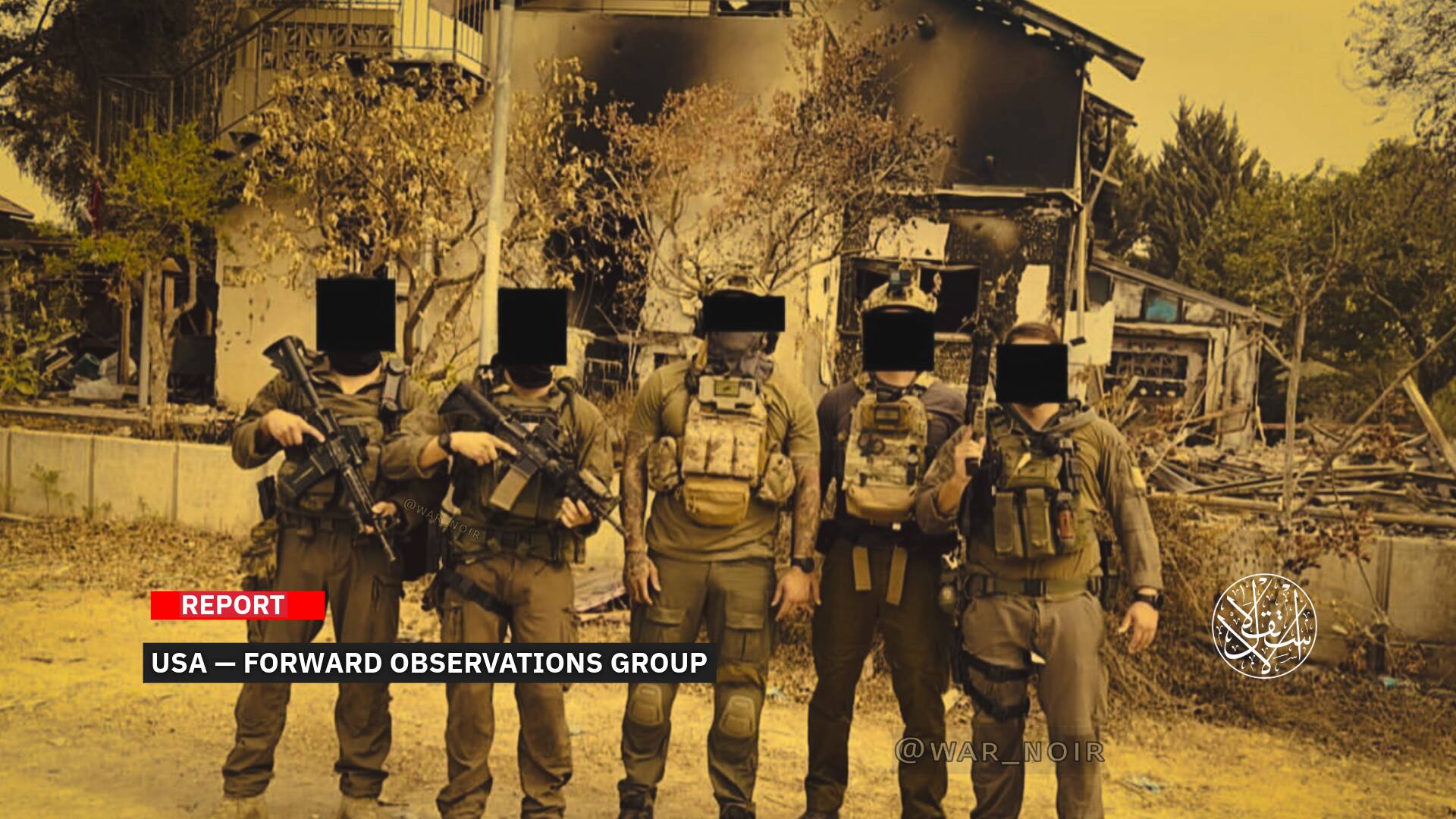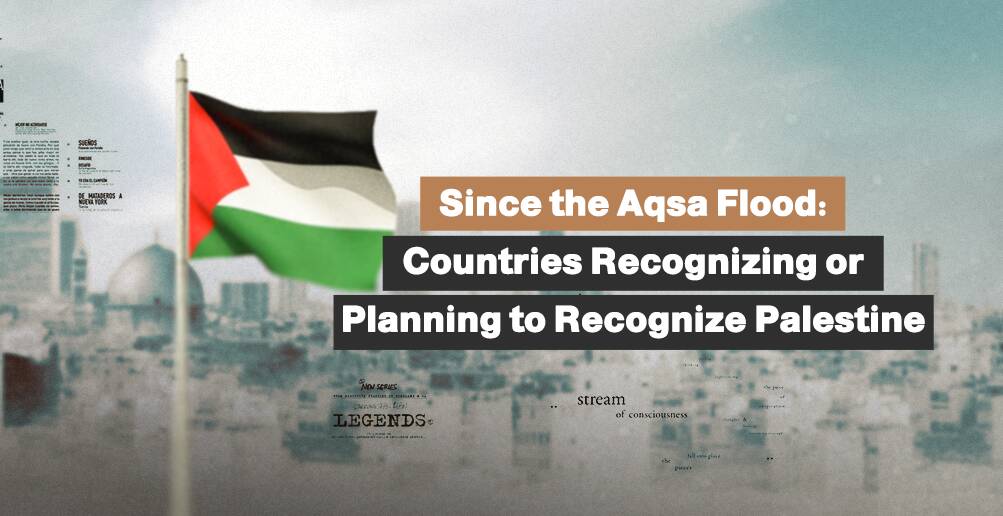Torture and Starvation: Moroccan Minors in Spain’s Migrant Shelters
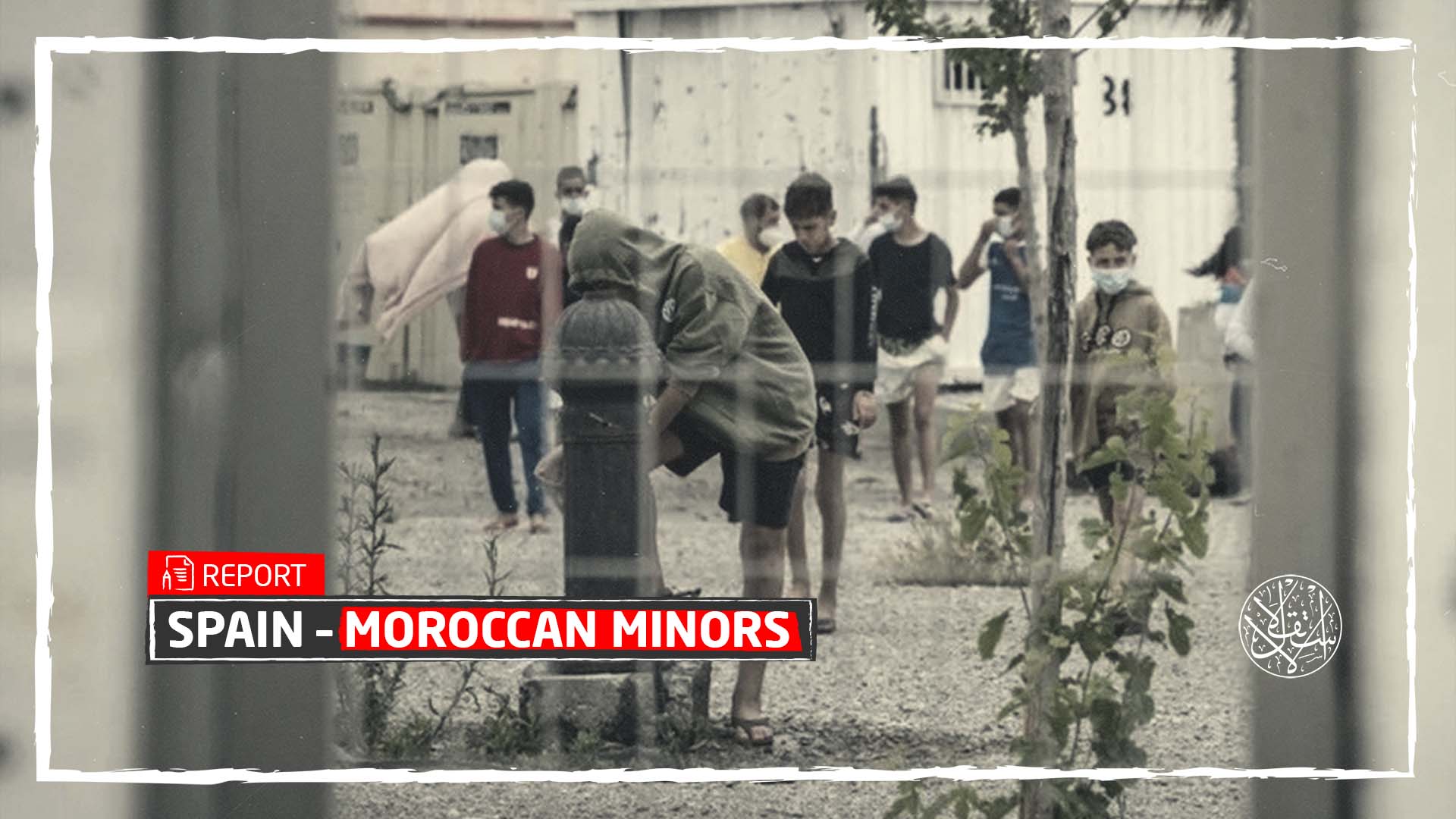
Before his death, a Moroccan minor reported the ill-treatment he was subjected to with his friends, including starvation and torture in Spanish minor migrants’ shelter at the autonomous Spanish archipelago the Canary Islands.
The Moroccan minor’s death scandal prompted the Spanish police to investigate the credibility of the accusations made by human rights organizations about the violence against immigrant minors in minor shelters.
In this regard, the El Cierre Digital newspaper reported that the police in the Canary Islands found the Moroccan child dead in a street, stressing that he was a minor until the date of his death, contrary to what had been circulated about his release from the minors’ center after reaching 18 years old.
The newspaper highlighted that the minor asked the administrative body of the social institution to return him to the Moroccan city of Dakhla after encountering the severe ill-treatment reality. However, the administration did not respond to his request because of what was described as administrative bureaucracy.
This mysterious death is another sad incident under the same umbrella with the tragedy of the Moroccan Ilyass Tahiri who was murdered in the Tierras de Oria juvenile center in the Spanish city Almeria in July 2019. These minors’ horrible fate raises many questions about the conditions of other Moroccan minors in the Spanish shelters.
Miserable Conditions
According to local Spanish newspapers, the public prosecutor's office is investigating the complaints of a group of jurists and former employees of the institution about the death circumstances, while the police continue to interrogate the child's relatives and friends.
The deceased child told some human rights activists before his death that “some of the users of the detention centers were distributing drugs to minors without the slightest supervision,” adding in a videotape seen by local Spanish newspapers that “young people are leaving the centers because of malnutrition and torture.”
The situation on the Canary Islands is appalling for migrants. Thousands of people are living in tents. The harbor of Arguineguín (Gran Canaria) has become known internationally as the “dock of shame.”
In November 2021, a camp was dismantled and around 2,600 people were staying there temporarily, although the capacity was only limited to 400 people.
In 2019, the El País newspaper published a video showing the death of the Moroccan minor Ilyass Tahiri. The video showed a number of guards in the minors shelter in Almeria handcuffing and restricting the movement of the Moroccan Ilyass and putting pressure on his neck, in a way called the mechanical protocol of restriction. The use of the illegal protocol led inevitably to Ilyass’s demise.
Before Tahiri, two other minors died, one of whom was an inmate in the shelter for minors in the occupied city of Melilla, and the second was an inmate in a center in the capital, Madrid, after using the restriction protocol against them in order to force them to stop their aggression.
The Spanish organization Andalusia for Human Rights, called for the Spanish government to change the laws in the shelters, and to end the restriction protocol, as “no one should die in Spain with this protocol,” according to the expression of one of the organization’s members in a media interview.
Rights Organization’s Condemnation
Mohamed el-Hini, a lawyer and Vice-President of the Association for the Defense of Human Rights, said, “The conditions of Moroccan minors in Spain’s centers raise many questions about the legal and judicial protection issues, in view of the high incidence of abuse and cruel treatment that has become a phenomenon. It raises the concerns of all civil and human rights associations proclaiming children’s rights.”
It is noteworthy that Spain recently has positively reacted to the demands to abolish the mechanical restriction protocol for minors. This noble and humanitarian initiative was not matched by a change in the mentalities and behaviors of those responsible for the centers who do not hesitate to use violence against the protest, or the humanitarian demands of minors.
The Association for the Defense of Human Rights pointed out that the responsibility for the abusive, cruel, and inhuman treatment of Moroccan minors is borne by the Spanish state primarily because the Spanish Constitution recognizes the human rights of any person on its national territory.
The Spanish Constitution also stipulates the state's obligation to respect international agreements related to the rights of migrants, which call for non-discrimination between citizens.
Judicial Accountability
The expert of political science and international relations Zouhair Attouf explained to Al-Estiklal that: “It is important to note that the core of the problem with protection is in practice related to the lack of legal accountability.”
He added: “When dealing with foreign migrants, the Spanish officials are protected even when they commit illegal acts or crimes. When the crime violates Article 25 of the Spanish Constitution in minor’s centers, the officials are alleged of penalties or measures related to societal reintegration, and not torture and physical and verbal violence.”
The researcher highlighted that: “The hope remains on the training of the staff of these centers in the field of human rights, because these practices are against international conventions. But most necessary is to record violations so that they do not become systematic. We hope the new Moroccan government gives the matter the attention it deserves. It is within its responsibility to protect the dignity of Moroccans because the constitution provides protection for Moroccan citizens inside and outside Morocco.”
Mr. Attouf proclaimed: ”Everyone should call for the accountability of all those involved in torturing and killing migrants and if the judicial procedures for the re-investigation did not result in real accountability for the employees, we need to fill a complaint with the European Court of Human Rights.”
Political Crisis
Many Moroccan minors managed to reach Las Palmas in light of the massive influx of 8,000 irregular migration waves that have hit the southern coasts of the Kingdom between May 17 and 20, 2021.
The wave of migration was in light of the conflict between Morocco and Spain in April 2021. The conflict started when Spain hosted Ghali, the first enemy of Morocco and the leader of the Polisario Separatist front, to be cured of Coronavirus infection with a “false identity,” on April 21, 2021.
To show its anger, Morocco responded by striking the nerve of immigration. Thus, Morocco allowed more than 8,000 migrants—many of them minors—to cross the border illegally to Ceuta in northern Morocco.
At the time, Moroccan human rights activists stressed the need for negotiations over the status of these irregular migrants.
The influx of irregular minors was one of the main causes behind the escalating rhetoric between Morocco and Spain and sparked a deep crisis between Morocco and other European countries.
Sources
- Moroccan Teen's Death In Custody Sparks Reform Push In Spain
- Before Ilyass Tahiri, two others died; Demands to end the use of the 'restriction protocol' in Spain [Arabic]
- Shocking number of deaths, but also growing struggles on the ground
- The Spanish judiciary is investigating the 'starvation and torture' of Moroccan minors in the Canary Islands [Arabic]
- Human rights demands to strengthen legal protection for Moroccan minors in Spain [Arabic]


